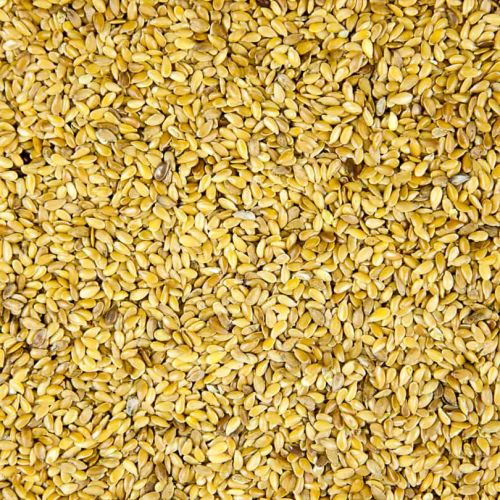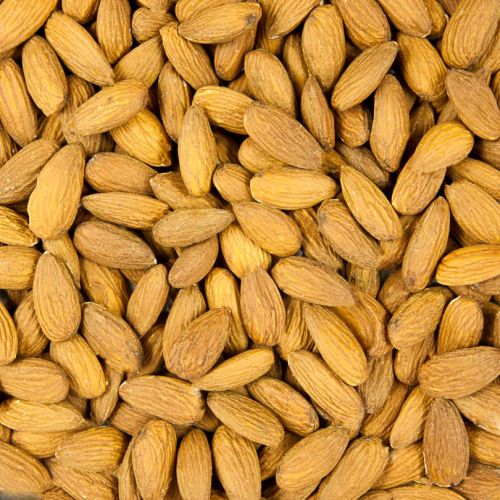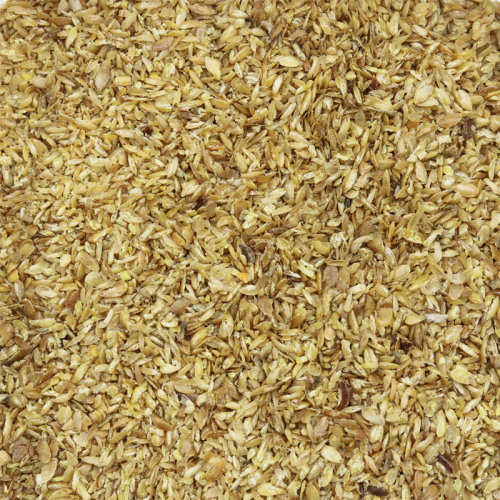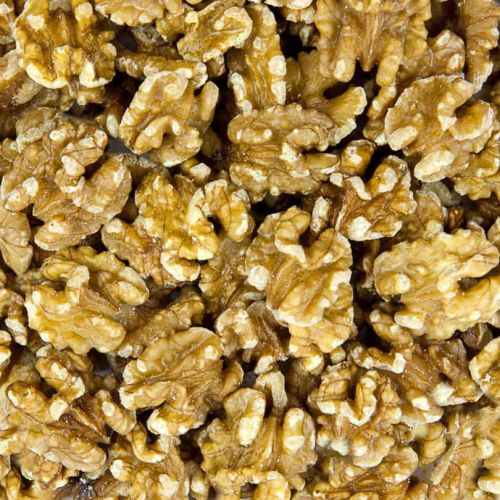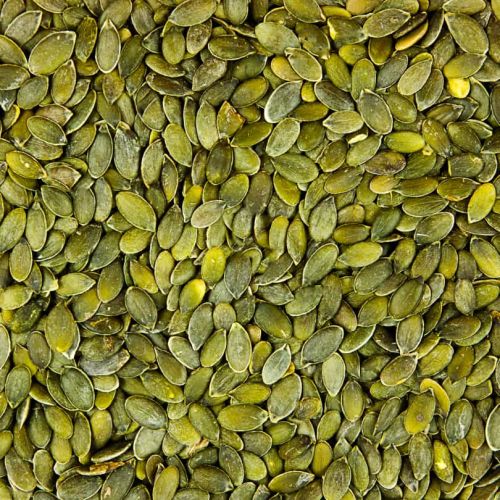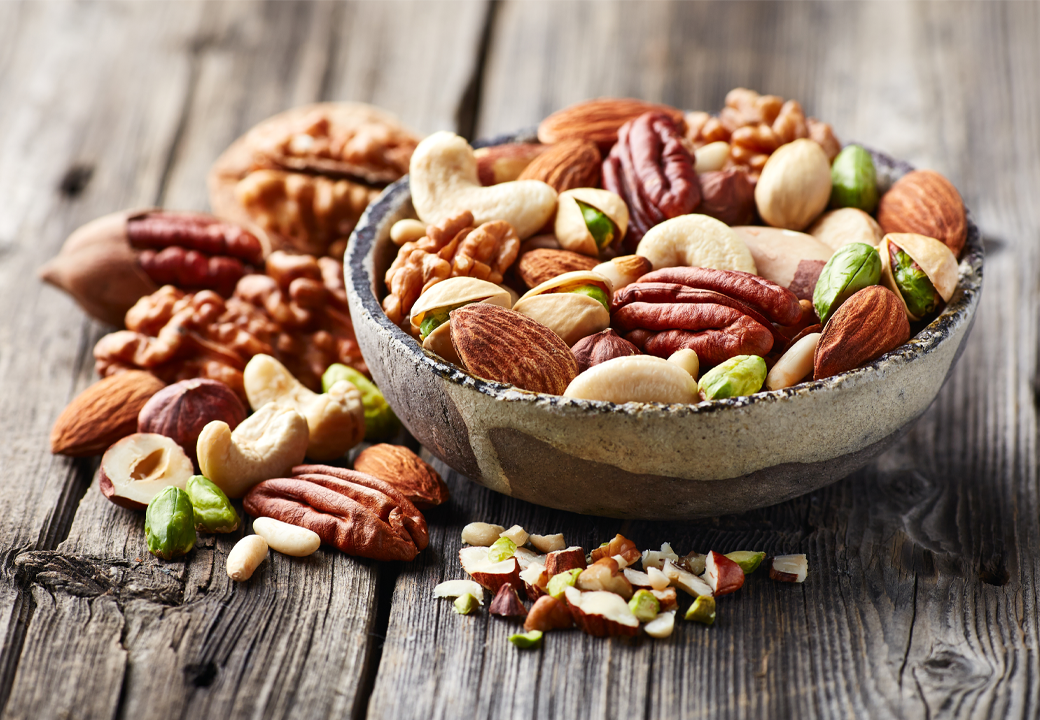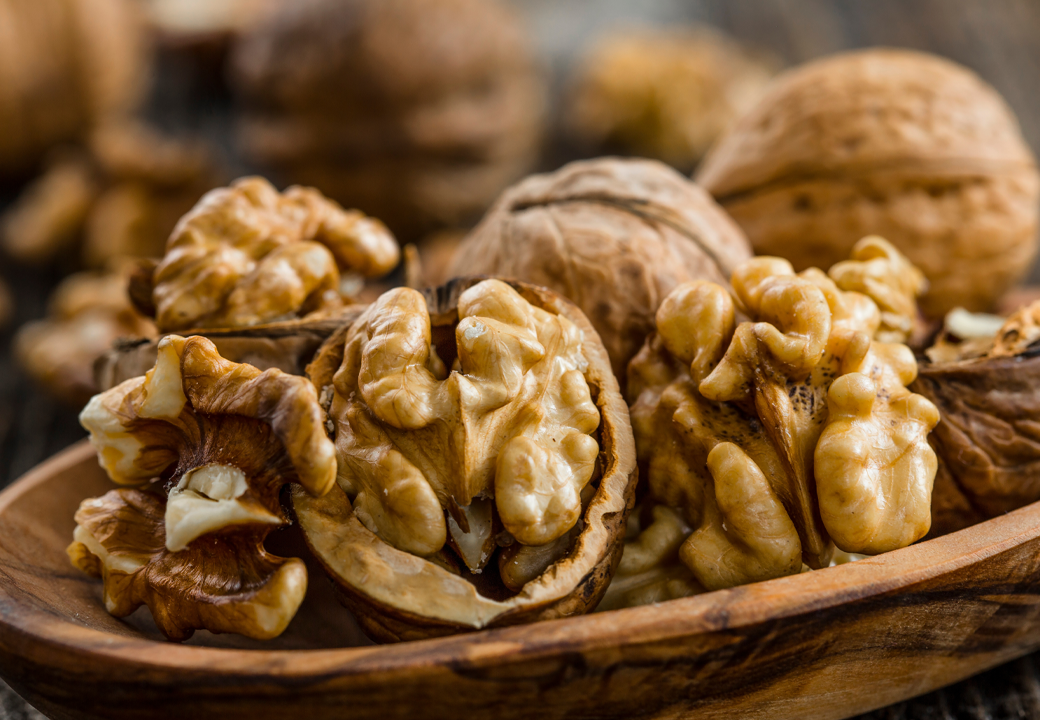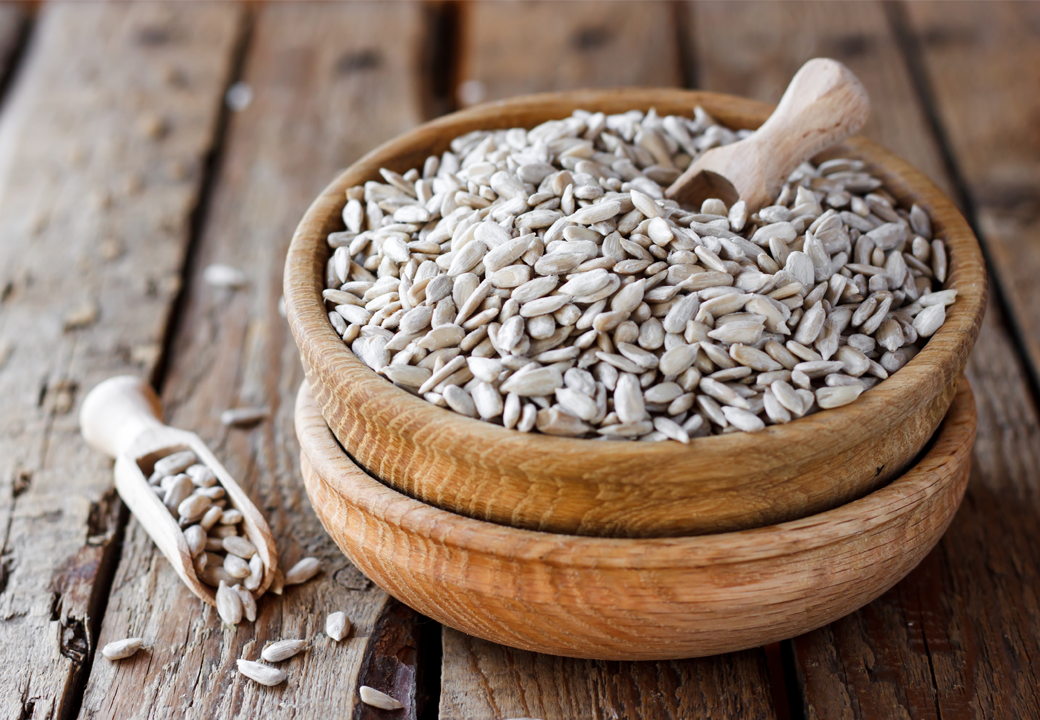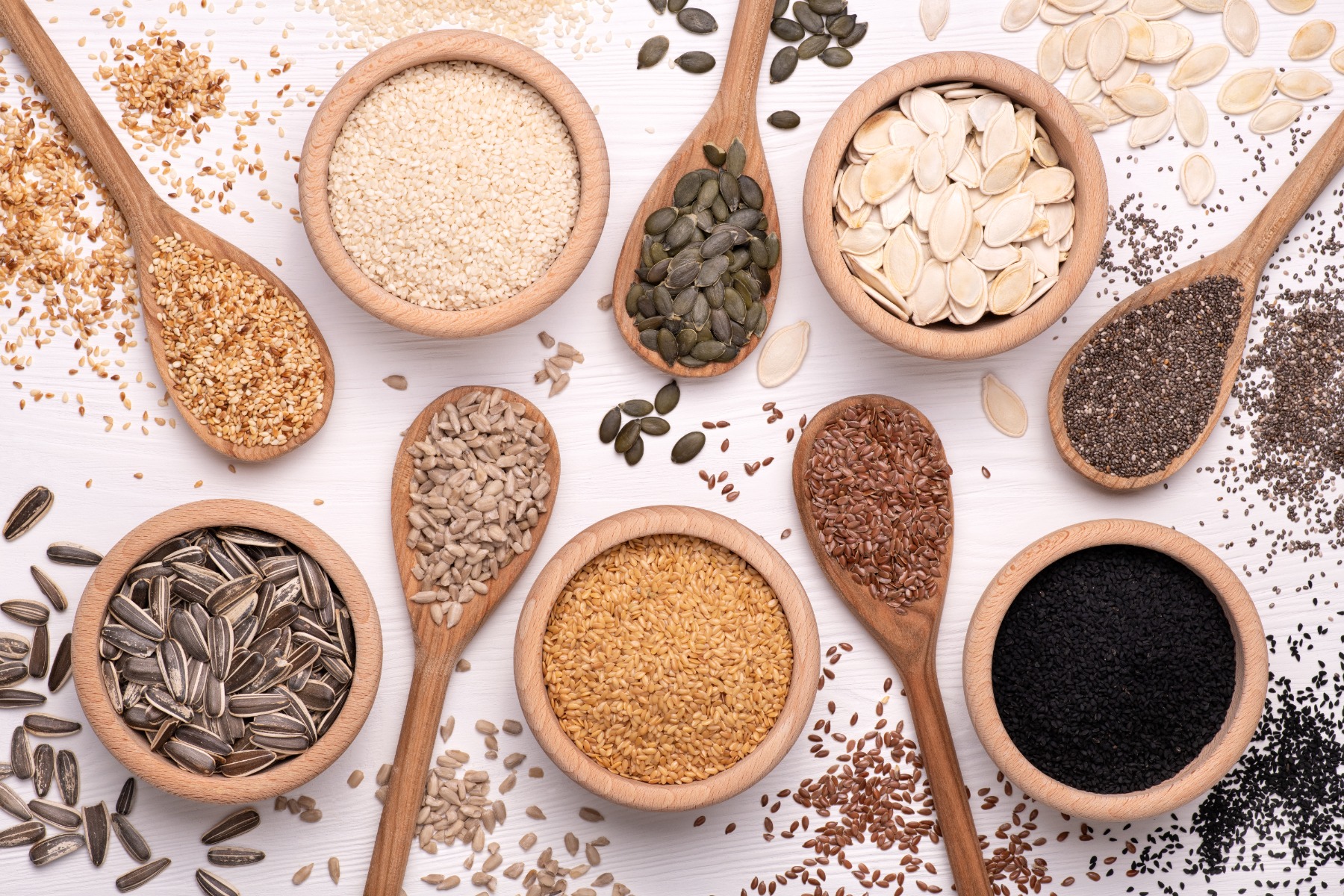
Photo Credit: "© [Photka] / Adobe Stock
When it comes to gut-supporting fibre, sometimes the smallest foods pack the biggest punch.
Dietary fibre is the carbohydrate naturally found in plants that your body cannot absorb, aiding digestive function and being best known for preventing and auditing constipation.
There are two types: insoluble which won’t dissolve in water and moves food through your digestive system, and soluble which dissolves and lowers glucose levels and blood cholesterol. Both types are important for our overall health.
Just a small 20g portion of your favourite nut or seed can significantly increase your fibre intake and help boost your essential gut health.
Even though we haven’t listed them here, there are also other foods which boost dietary fibre content, such as fruit and green vegetables, grains, sweet potatoes, carrots, chickpeas and more that can also be included to help you fit in more fibre.
Everyone has their own favourite nut or seed, so we thought we’d rank our incredible organic products by their fibre content. If you need a fibre boost, check out our list to find out which one to reach for.
Top Ten Nuts & Seeds for Fibre*:
-
Chia seeds 34.4g
The winner in our fibre top 10 is the tiny little chia seed. The seed of the salvia hispanica plant, a member of the mint family, chia seeds come from North, Central and South America. There is even evidence to suggest that ancient Mayan and Aztec civilisations consumed chia seeds.
For five ways to get more chia into your diet: Chia Up Your Day.
-
Flaxseeds 27.3g
A close runner-up is the super-healthy flaxseed, with its two types of healthy fibre - soluble and insoluble. Both types of fibre will be fermented by gut bacteria to support health and improve bowel regularity.
-
Poppy seeds 19.5g
So small, it takes around 3,300 poppy seeds to make up a gram. Poppy seeds are a regular feature in many baked products, including muffins, bagels and on bread. Turkey produces more than a third of the world’s poppy seeds each year.
-
Almonds 12.5g
It is most commonly thought that the bulk of the fibre in almonds rests in the skin. In fact blanched almonds still retain a great deal of the total fibre content making this a very versatile nut to use for your fibre boost.
-
Sesame Seeds 11.8g
If you include 30g of unhulled sesame seeds in your daily diet you will have ensured you have taken 12% of your recommended daily fibre intake, proving a little can go a long way and making sesame seeds a great source of fibre.
-
Pistachios 10.6g
Underneath the tough shell, the nut of the pistachio vera tree is packed with healthy fibre. Eating pistachios has been shown to increase essential gut bacteria which can act as a prebiotic, promoting the growth of beneficial intestinal micro-organisms.
-
Sunflower seeds 10.3g
Not as high in fibre as chia, the sunflower seed should not be underestimated for its all-round health-supporting properties. These seeds are rich in vitamins and minerals as well as providing a necessary fibre hit.
-
Hazelnuts 9.7g
Even in good company for fibre content, the hazelnut can hold up its head. With almost a third of its fibre content soluble this is an important nut to add to your diet. Along with unsaturated fats, vitamin E, thiamine and iron, hazelnuts will also help lower your unhealthy cholesterol levels.
-
Peanuts 8.5g
More than a third of the carbohydrate in peanuts is fibre. This healthy seed (peanuts are actually seeds!) can therefore assist us to improve digestion, feel full and help contribute towards a lowering of bad cholesterol.
High in magnesium as well as rich in antioxidants, pumpkins seeds have enough fibre power to make it into our top 10. A tasty and healthy snack, but remember it’s higher in fat, so eat sparingly.
* SOURCE:usda.gov, based on 100g portion.
Browse the full range of nuts and seeds online at Grape Tree.
Did you know? Eating plenty of fibre is associated with a lower risk of heart disease, stroke, type 2 diabetes, and bowel cancer.
What the NHS Says “Our dietary fibre intake should be 30g a day, as part of a healthy balanced diet. Most adults eat an average of 18g each day. Children under the age of 16 don’t need as much fibre in their diet as older teenagers and adults. On average, children and teenagers are only getting around 15g or less of fibre a day.”
For more visit www.nhs.co.uk.
